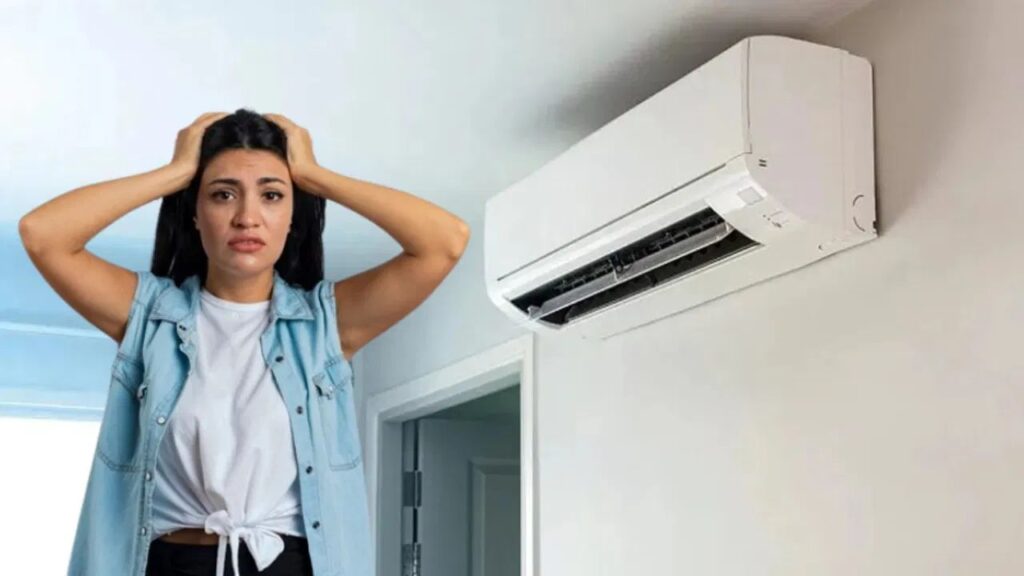Air conditioning systems are essential for maintaining comfort in our homes and offices, especially during hot weather. However, there can be common misconceptions about how indoor temperature affects the performance of an AC unit’s compressor. In this article, we will explore whether a decrease in room temperature impacts the temperature of the AC compressor and delve into the compressor’s function and potential overheating issues.
Understanding the Function of the Compressor
The compressor of an air conditioning unit plays a crucial role in the cooling process. It compresses the refrigerant, allowing it to absorb heat from the indoor air. Once compressed, the refrigerant is transported to the condenser coils, where it releases the absorbed heat to the outside environment. This cycle is essential for achieving a comfortable indoor temperature.
The Relationship Between Room Temperature and Compressor Performance
As room temperature decreases, the workload on the AC compressor also reduces. When the indoor temperature is already low, the compressor doesn’t have to work as hard or operate for extended periods. This efficient operation can lead to:
- Improved overall performance of the AC unit.
- Reduced energy consumption, leading to lower electricity bills.
- Enhanced longevity of the compressor, as it encounters less stress.
Understanding Compressor Overheating
Contrary to the belief that a cooler room might lead to increased compressor temperature, overheating issues generally arise due to external factors, including:
1. Extended Runtime:
If the compressor runs continuously without breaks, it may overheat. This scenario is often seen in high-temperature environments where the AC unit struggles to maintain the desired indoor conditions.
2. Blockages or Dirt:
Dirty condenser coils or blockages in the airflow can hinder optimal performance. When airflow is restricted, the compressor has to work extra hard to achieve cooling, leading to heat buildup.
3. Refrigerant Issues:
A shortage of refrigerant can prevent the AC system from adequately cooling the space, causing the compressor to overwork and overheat.
4. Mechanical Failures:
Internal issues within the compressor, such as worn-out parts or electrical faults, can also contribute to overheating.
Conclusion
In summary, a decrease in indoor temperature does not increase the temperature of an AC compressor. Instead, it allows the compressor to function more efficiently and reduces the risk of overheating. If you notice that your compressor is overheating, it is essential to investigate potential issues such as dirty coils, refrigerant levels, and internal mechanical problems. Regular maintenance of your air conditioning system can significantly improve its performance and longevity, ensuring a comfortable environment for you and your family.

